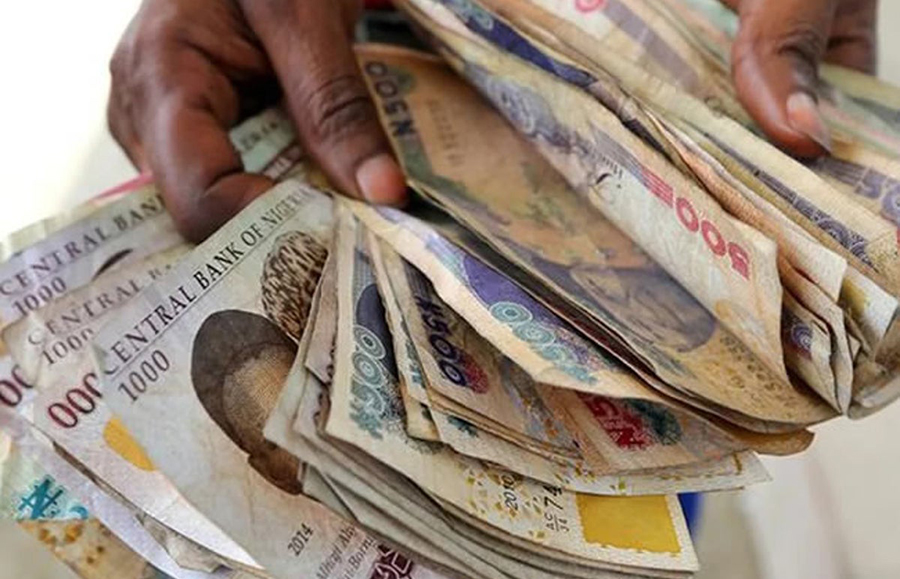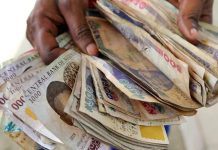Nigeria’s cost of external borrowing surged last week as yields on its sovereign Eurobonds rose sharply to 11.71%, driven by intensified sell pressure from offshore investors amid escalating global trade tensions and reduced risk appetite in emerging markets.
The spike marks a 63-basis-point increase, making it the highest yield level recorded since October 2023, according to analysts at Cowry Asset Management. The sell-offs were widespread, affecting short-, mid-, and long-term bonds, with the Nov-2025, Nov-2027, and Mar-2029 papers particularly hit by foreign portfolio divestments.
The week opened on a bearish note, with significant dumping of Nigerian debt instruments pushing average benchmark yields to 11.65%. Mid-week trading saw brief volatility, with some bargain hunting and temporary gains spurred by a dovish speech from the US Federal Reserve Chair. However, this momentum faded as geopolitical tensions re-emerged.
Analysts attribute the shift in market sentiment to growing global uncertainty, especially following the United States’ decision to impose a 145% tariff on Chinese imports. China’s swift retaliatory tariffs of up to 125% on US goods reignited fears of a prolonged trade war, further spooking investors and triggering a wave of asset dumping across sub-Saharan African Eurobond markets.
“Nigerian Eurobonds were not spared, as investor caution deepened due to mounting fiscal concerns and revenue risks,” Cowry Asset Management noted.
While some recovery was observed towards the end of the week with select papers witnessing marginal buying, the overall market mood remained cautious, reflecting the broader investor rotation away from riskier assets.











